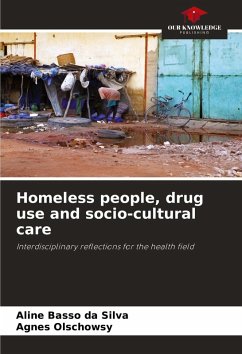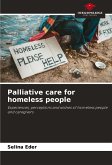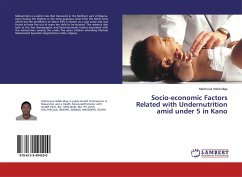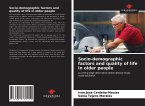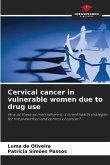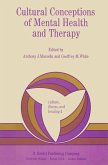Drug use in our society is perceived as a public health and social problem. Homeless people are associated with problematic drug use and gain visibility in the media and society with the stigma of "drug addicts" and "criminals". To tackle the problem, there are models of care in the areas of health and justice that work on the issue of the disease and criminality of drug use. In this book, we expand on an interdisciplinary debate about street people who use drugs, understanding it as a socio-cultural issue and addressing the need for a broader view of care that realises that the demands of health and drug use must be seen from the perspective of culture, social territories, identity and life stories. The aim is to demystify stigmas, introducing a debate on the relevance of a socio-cultural model for health, drugs and society. The work is aimed at students and professionals in health, communication and the humanities and social sciences. It is also aimed at social actors involved in social change and improvement on the subject of drugs and care.
Bitte wählen Sie Ihr Anliegen aus.
Rechnungen
Retourenschein anfordern
Bestellstatus
Storno

